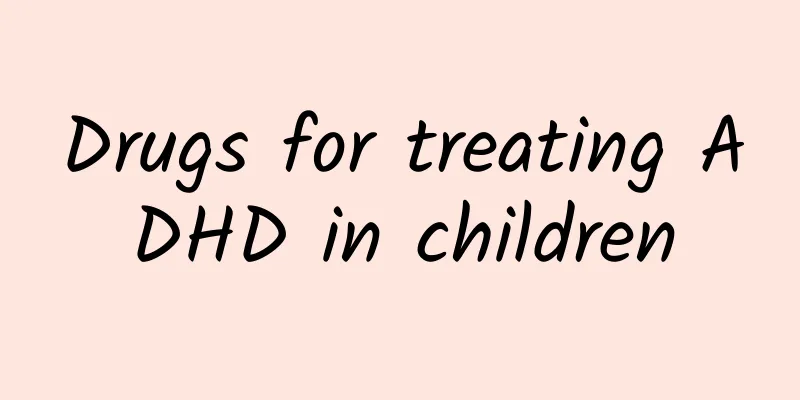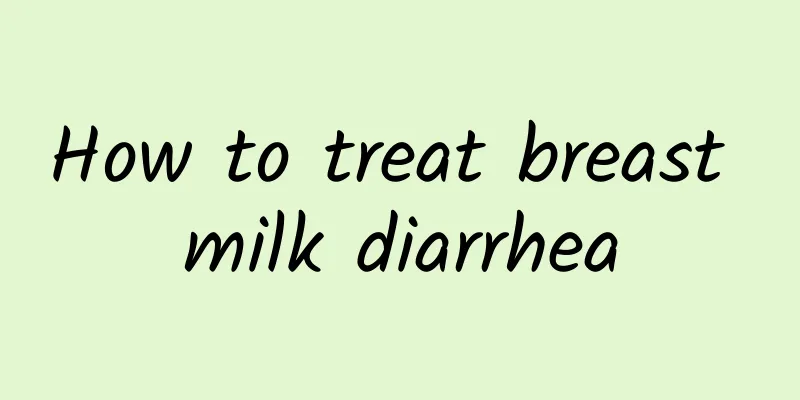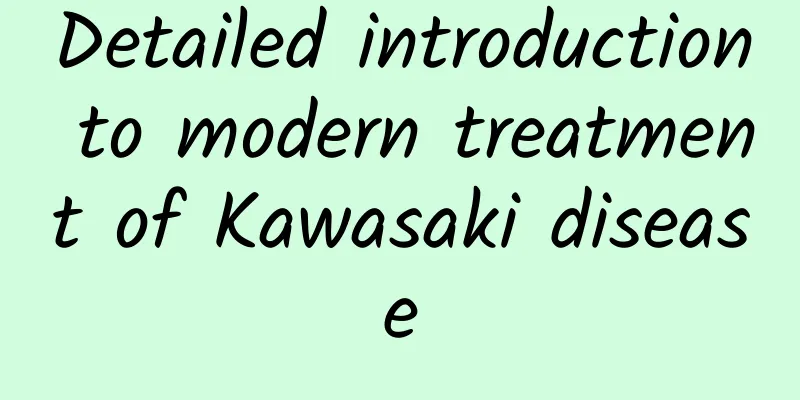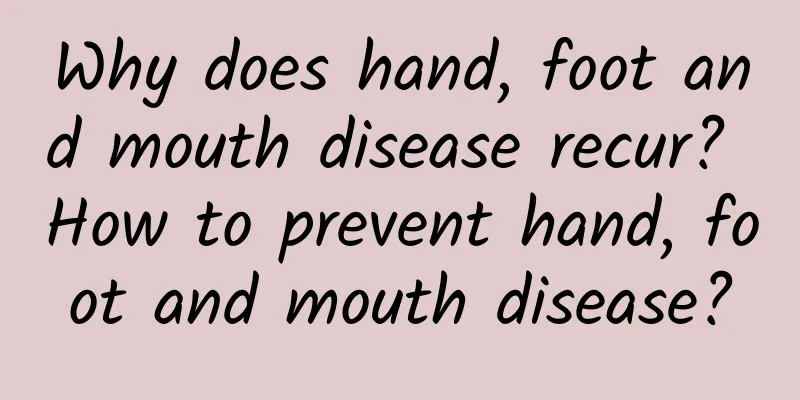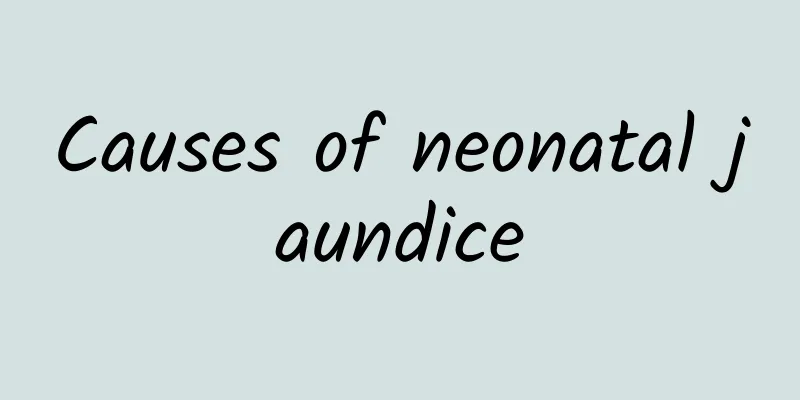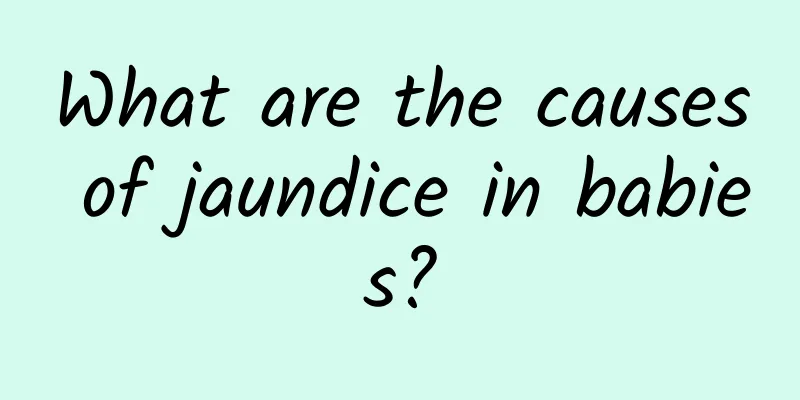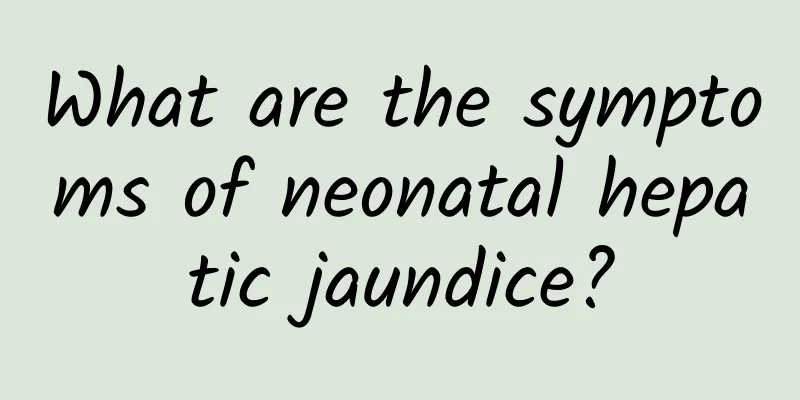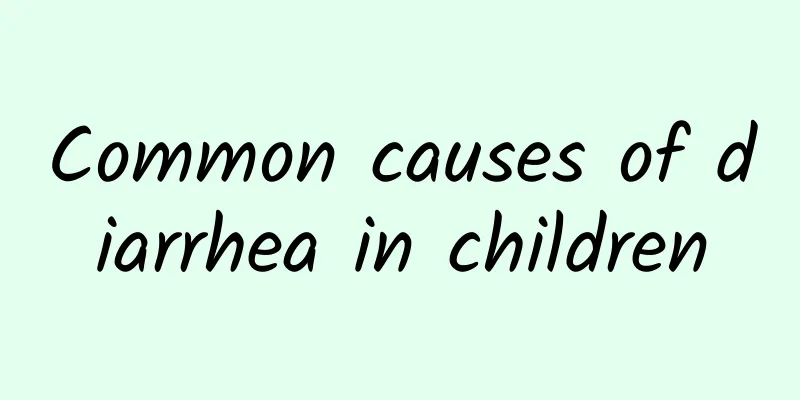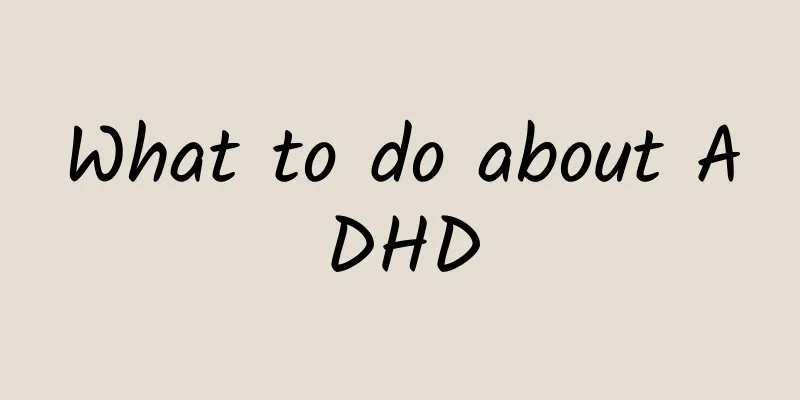What are the ointments for treating ADHD in children?
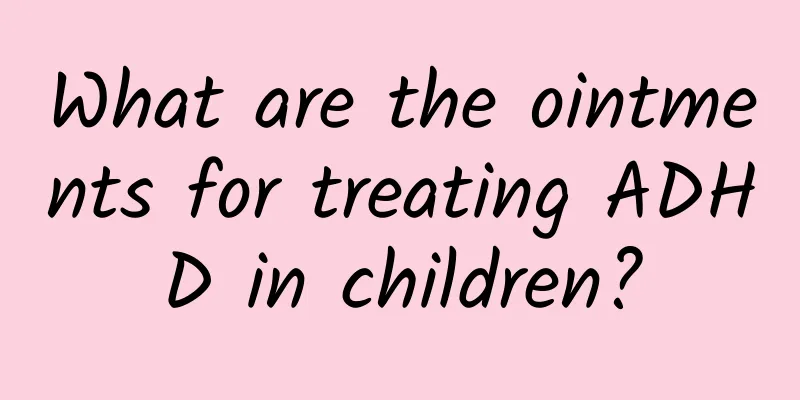
|
The treatment of ADHD in children mainly relies on oral medications, and ointments are not a mainstream treatment option. Currently, commonly used drugs in clinical practice include central nervous system stimulants, non-central nervous system stimulants, and auxiliary treatment drugs. For children with ADHD, it is recommended to use oral medications under the guidance of a doctor, combined with behavioral intervention and family support for comprehensive treatment. 1. Central nervous system stimulants are the first choice for treating ADHD in children. Representative drugs include methylphenidate and amphetamine. Methylphenidate improves inattention and hyperactivity symptoms by increasing the concentration of dopamine and norepinephrine in the brain. Amphetamine helps control impulsive behavior by regulating the release and reuptake of neurotransmitters. These drugs are usually used in the form of oral tablets or capsules, and the dosage needs to be adjusted according to the child's weight and the severity of the symptoms. 2. Non-central stimulants such as atomoxetine and guanfacine are also commonly used drugs. Atomoxetine is a selective norepinephrine reuptake inhibitor, suitable for children who are intolerant to or have poor effects on central stimulants. Guanfacine helps improve hyperactivity and impulsive symptoms by regulating adrenergic receptors. These drugs are also mainly taken orally and need to be taken for a long time under the guidance of a doctor. 3. Auxiliary treatment drugs include antidepressants and antianxiety drugs, such as sertraline and fluoxetine. These drugs are mainly used for children with ADHD accompanied by mood disorders or anxiety symptoms, and can help improve mood swings and behavioral problems. Auxiliary treatment drugs are usually used in combination with primary treatment drugs to achieve better treatment effects. 4. Behavioral intervention and family support are important components of ADHD treatment. Behavioral intervention includes cognitive behavioral therapy, social skills training and school intervention to help children learn to control impulsive behavior and improve social skills. Family support includes parent education and family therapy to help parents understand their children’s behavioral problems and provide effective management and support strategies. The treatment of ADHD in children requires an individualized plan. Parents should closely cooperate with the doctor's treatment plan, regularly evaluate the treatment effect, and adjust it according to the specific situation of the child. Through the comprehensive application of drug therapy, behavioral intervention and family support, the symptoms of most children with ADHD can be effectively controlled and their quality of life can be significantly improved. |
<<: What are the causes of patent ductus arteriosus in newborn babies?
>>: What tests can confirm ADHD in children?
Recommend
What kind of exercise should I do if I have ADHD?
Exercise is very important for everyone, because ...
What is the cause of the child's cough with yellow phlegm?
Children's cough with yellow sputum usually i...
Baby cough has allergic rhinitis
If your baby coughs and has allergic rhinitis, it...
What to do if your 20-day-old baby has moderate jaundice
Jaundice can be divided into physiological jaundi...
Is herpetic pharyngitis hand, foot and mouth disease?
Herpangina is not hand, foot and mouth disease. H...
What are the consequences of diarrhea in children?
Many people have suffered from diarrhea, which no...
What are the early symptoms of polio?
Everyone is familiar with polio. This disease is ...
What are the causes of acute laryngitis in children?
Acute laryngitis in children is more common in wi...
What to do if your child has a cold
Cold is one of the common diseases in children, u...
How to detect polio?
Polio is an acute infectious disease caused by a ...
What to do with acute mumps in children
Acute parotitis in children first needs to be dia...
Is Kawasaki disease contagious in infants?
Kawasaki disease in infants is not contagious. It...
How to treat a five-month-old baby's cough and runny nose? What should I do if my five-month-old baby has a cough and runny nose?
A five-month-old baby with a cough and runny nose...
What virus is polio?
Polio is caused by the polio virus, an acute infe...
Initial treatment of mumps
Mumps is a chronic disease that can last up to 10...
